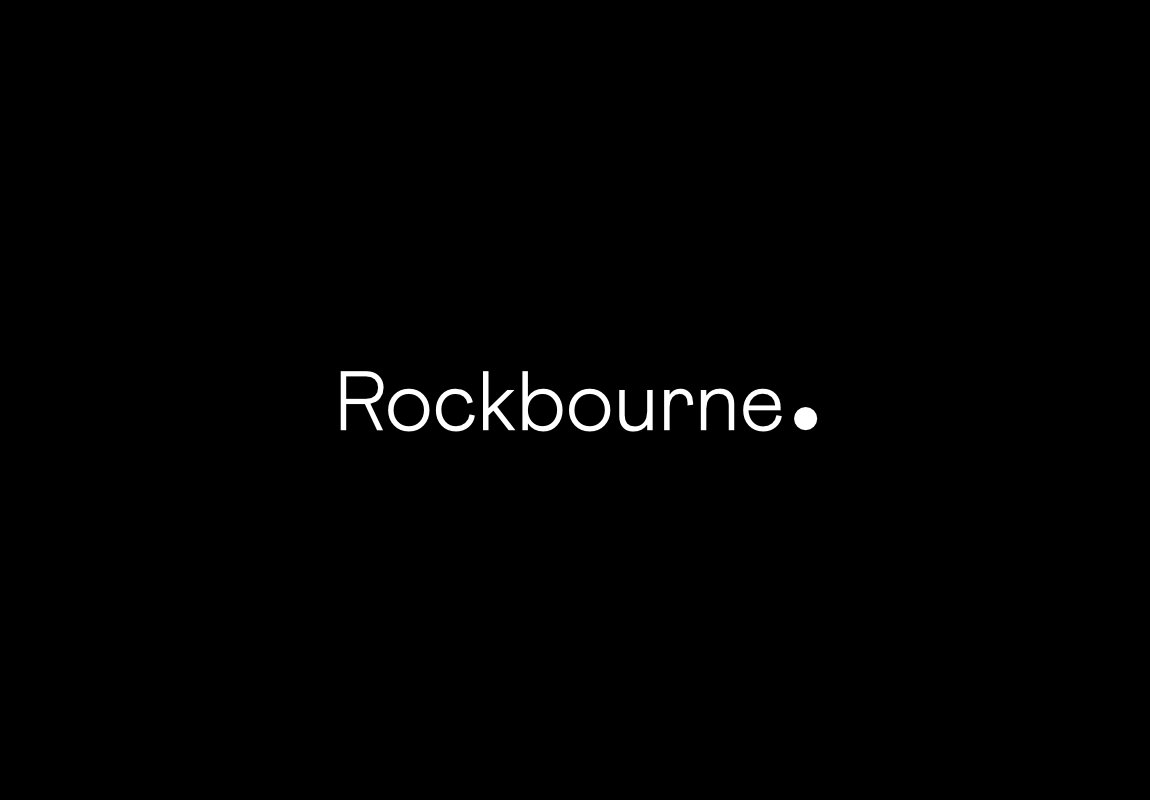
As we resign 2023 to the archives and look forwards into 2024 and all the opportunities (and some challenges) that the year ahead will bring it is often a time of reflection and planning, never more so after a year of hiked inflation, cost of borrowing, lack of political continuity, planning changes as well another year to see the dynamics of the post-pandemic hybrid working situation play out in our businesses.
When it comes to business planning, the new year brings with it new opportunities, on this front, taking what we have learned about customer and human behaviour to make sure we are ready to achieve our goals and have an even better year than 2023.
Search the internet and the business books section and you will be overwhelmed with the resources around business planning however as Malcolm Forbes once said without people there is no “Product or Profit”, isn’t that just as important that we spend time to put together a resource/hiring plan to support the business plan?
“Hiring in distress leads to distressed hires”
Having worked in Search for 15 years know I have seen it done brilliantly (and not so much), it still amazes me that “yesterday” is given as an answer when asking “what is the target start date for this position”, speed and quality do not often mix in my experience.
I have outlined some points to make sure you have given some consideration when building your talent plan for 2024, even if hiring is not top of the list in terms of urgency, it is difficult to argue with it’s importance, the best decisions are often the most informed ones right
GAP ANALYSIS
Similar to a business gap analysis or a SWOT analysis, of the goals that you want to achieve this year as a team or as a wider business, where do you have gaps in either ability/skillset or time to achieve these milestones or do you already feel confident that each team member is on track/can be stretched to achieve them?
Can these gaps be filled by upskilling your existing team?
Could you increase utilisation or delegate some tasks?
Is there someone who’s time would be better spent more directly helping us achieve these goals? If the answer is not clear then perhaps you need to explore creating a new position in the business.
But also, with the growth that you are looking to achieve this year, let’s say for example you are looking to increase the business revenue by 20%, can your existing structure support that effectively? Can your supply chain? Do you need to find partners that can scale with you, again can you upskill or increase workload for certain individuals or do you need to build a future hire into the plan…?
Let’s say that last year you deployed £100m of capital and this year you are looking to deploy £150m, does your current team have the capability to increase their number of deals/size of deals/hit rate/ratios? Do you have a development plan and a focused set of KPIs that give you confidence or do you need to improve the average?
TIME TO UPGRADE?
Over the last 24-36 months many of our processes have needed to be improved, our technology, our communication, our ways of marketing our services and how we lead our teams effectively – business transformation has happened throughout the world, but what about our people?
Being super honest and looking at your current team, are there average performers that will actually hold the business back from achieving it’s goals? Are there 6s or 7s out of 10 that with the right plan could be upskilled to an 8 or 9 or do you need to consider the wider market for talent to make that possible? Do you even have a clear sight of who you may be able to bring in and how much to budget for that?
“Tens always make it rain;a firm full of nines is a winning firm; eights just sort of do stuff that you tell them [to do], the private equity kingpin ex-plained”. As for sevens and below …I don’t know what they are, shrugged Stephen A. Schwarzman, 75. Because we don’t
tolerate them.
SUCCESSION/CONTINUATION
Another area in which I often see distress and lack of planning is around planned leavers, I am amazed that often with a runway of 6, 12 or even up to 36 months companies still end up hiring in distress “we need someone yesterday”, often ending up with the best of those available in the seat rather than a real game changer.
Take a look at the team, do you have anyone that may be planning to retire in the next 12-24 months, do you have any of the team due to be on Maternity leave or take a sabbatical, the more notice you have the better you can plan for the continuation of their success and a handover…
UNEXPECTED LEAVERS
In the planned scenario there is very little excuse for a lack of forward planning however what about the surprises that life throws up when running a team? The person that has decided to relocate or change their lifestyle post-pandemic? The high performer who is made an offer they cannot refuse? The staff member that you really cannot afford to lose emailing on a Sunday night asking for a quick chat the following day… You know where I am going with this and it’s pretty painful…
Nothing you can do to fix all of these threats from occurring but there are a couple of things that you can do in my experience.
- Sit down with your people regularly, talk about their objectives, their personal goals, how they are? (not just their first answer) and make sure that they feel listened to, valued and have a clear progression route in place. Combine that with a fulfilling role and a culture they want to be a part of then a Headhunt is more likely to be batted away.
- Make sure that you are set to react quickly and that you have a pipeline of talent who are semi-engaged and open to talking, ultimately reducing the time to hire, increasing the quality of the short-list you have to select from and allowing you to take care of business rather than adding to the often hidden downtime & opportunity cost of a leaver.
“You can never interview too many great people”
NOT URGENT RIGHT NOW – HOW TO KEEP THE MACHINE OILED
In the same way that you wouldn’t just take your car to a garage when it breaks, maintenance is super important (just not always urgent) and when done correctly the damage is both less likely to happen but also likely to be less disrupting. Here are a few ideas of tasks you can make sure are running in the background to keep your talent machine well oiled and serviced:
Lower time to hire = Less commercial downtime x less missed opportunities x less overstretching of other team members
- Content, Content, Content – encourage people to follow your brand on social media, often companies think of themselves marketing to either B2B or B2C but what about B2T (Business to Talent)
- People remember how you made them feel – respond to peoples connection requests, engagement on your posts, make people have a great experience of the brand, those “moments of truth” can lead to brand ambassadors.
- Work on your brand as a leader – are you someone that people look up to? Can relate to? Feel they can learn from? Express confidence with humility? All ways that you can differentiate yourself from the competition, in the same way that people leave leaders over companies this also works in reverse.
- Never stop interviewing – I don’t mean everyone, but can you ever meet too many top performers in your sector? I guarantee that over a 60 minute coffee you will take some key learnings away and build the pipeline for future hires, why not do a breakfast meet before your day begins? Put the great ones into a contact group and keep those relationships warm…
- Recruit a trusted advisor – Maybe I am biased on this one but having someone who works in Exec Search in your network and a regular coffee will help you with a pulse on the market, how your brand is perceived, salary benchmarking, buy them breakfast and I am sure they will give you some valuable data from the 10s of conversations they have each day!
TAKING STOCK – CRISIS AVOIDANCE
If you have identified from the above scenarios that you are likely to need to recruit into your team this year, think about how long that has taken historically? Has it been a challenge? What notice period did people have?
Combine this with the currently dynamics of the media constantly reminding individuals of the “recession” and “cost of living crisis” driving peoples fear about moving (think Maslows hierarchy of needs and Security being a key human need) and it’s easy to see why it’s not always straight forward to hire the very best.
HOW STRONG IS OUR PROPOSITION
Once you have decided to go to market, usually I recommend doing so 3-5 months in advance of your “Target start date”, how do you make sure that you will compel the industries top performers to come and actually talk to you?
When was the last time you took a step back and looked at your Employer Value Proposition (EVP)? The reason that people would join your business from or over a competitor? The reason that people won’t decide to take the call about another opportunity? The reason that when you decide to go to market and recruit you will have people raising their hand to come and speak with you? Here are some steps you can take:
- Internal engagement survey – how do your current staff feel about working for the business
- External feedback survey – work with an external business to gauge market feedback
- Salary benchmarking – do you know how your pay, benefits, bonuses and rewards stack up against the competition
HOW FAR IN ADVANCE SHOULD I PLAN?
One of the questions my team get asked most often when speaking to clients about partnering on a search is “how long will this take?”, often followed by “I know that is a difficult question to answer”.
Many factors decide the answer to the above, often the clients process can dictate it as much as the search criteria and availability of talent.
As a rule of thumb, typically a search process takes 3-5 weeks to shortlist, plus 2-3 weeks of interviews plus the likely notice period.
My best advice for a mid to senior hire would be to start pipelining and talking to your search partners 4-6 months in advance of the target start date and commence a full search process 12-16 weeks before the target start date,
NEXT STEPS…
Hopefully the above list has been useful, clearly each header could be an article in itself but the purpose was to hopefully get you thinking, would love to hear your feedback and what your key takeaways/actions are after reading through.
If you want to talk more over a coffee to get your business & talent plan match fit for 2024 then do drop me or one of the Rockbourne team a line, having placed 100s of professionals across Real Estate Development, Investment, Asset Management and Advisory we have seen many of these put into action.
Happy planning,
John



